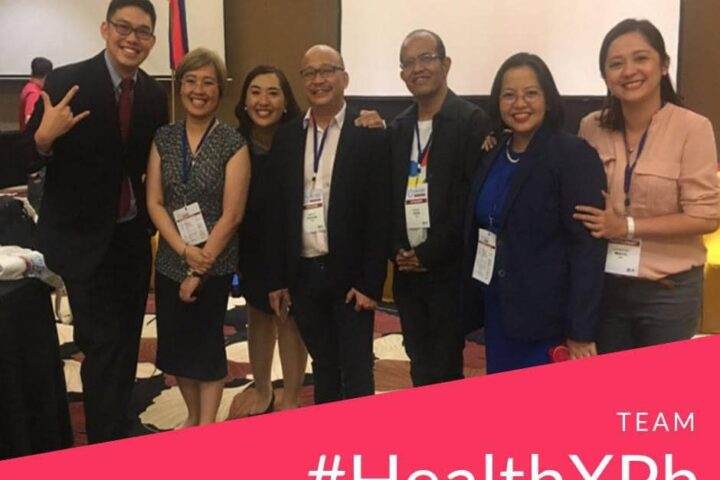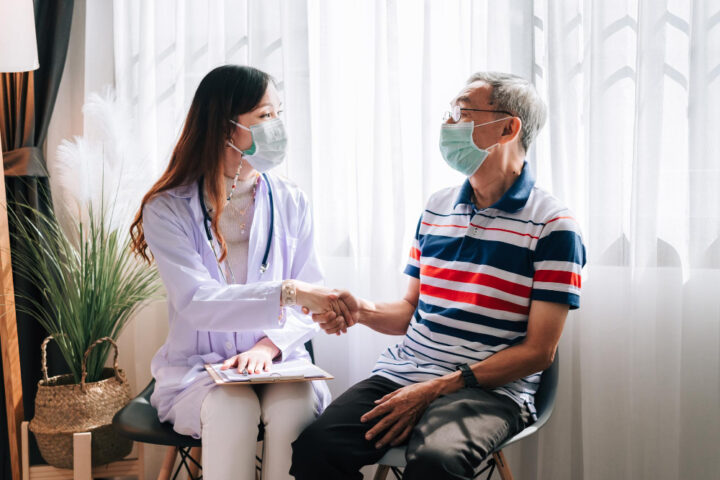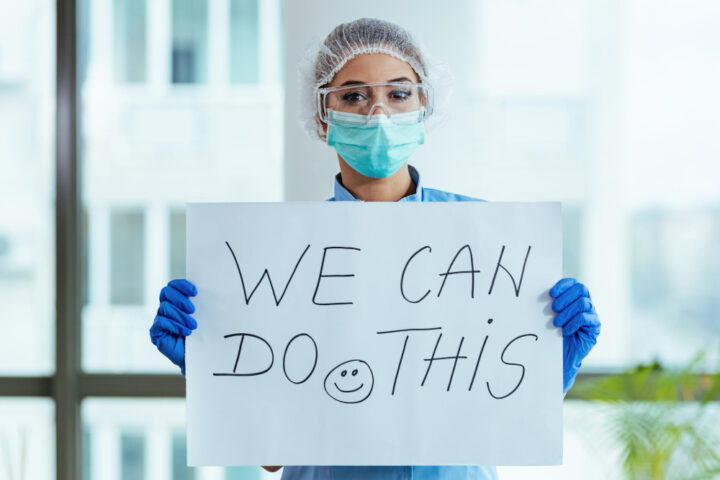Like it or not, internet and social media are part of today’s health environment. Understanding social media is key to surviving this environment. Flexible leaders harness social media to meet better health care experience for patients. Here are the five important reasons why health leaders need to learn and harness social media:
1. A social media post made you or your institution (in)famous.
Most unfortunate route to learning the ropes of social media. Many health leaders stumbled social media this way. Its never too late though. Stay calm. Plan a prompt, well thought out social media response strategy.
2. You’re not health information’s sole gatekeepers anymore thanks to internet and social media.

Gatekeepers hold the key to information and provisions of care in the 20th century. That’s not the case in this generation. Health information is accessible to many people. Some patients wants greater participation in managing their health. Fortunately, a health professional- patient partnership is not only feasible via social media. The partnership showed better health outcomes in some areas, while lowering cost of delivery in others.
3. Your value system is in conflict with the new value system arising from internet and social media empowered generation.

We’ve hone our leadership skills and toolboxes before internet and social media. Radical transparency a value the current generation espouse, annoys many leaders. Understanding this new value system is key to providing better health care outcomes, at a reduced cost for this generation.
4. New and social media amplified health expectations is different from what existing system provides.

With readily available information and new value system comes new health care expectations. Unmet health expectations lead to clashes and divorce in health partnerships. Fragmented health systems called silos, provide irrelevant care at skyrocketing cost.
5. Patients and their support group wanted greater participation in managing their health.

Internet and social media made health information accessible to everyone. Providing care though, is still in the hands of trained professionals. This may not be the case for long as many patients including their family and support groups, wanted greater participation in managing their health. It’s no surprise that social media is the platform of choice. The sooner we accept this, the better prepared we are in harnessing social media for better health care.
Social media is here to stay. I may have painted a bleak picture but there’s a way to harness social media for better health. Leaders should be flexible enough to partner with patients in this regard. It is their health after all.











